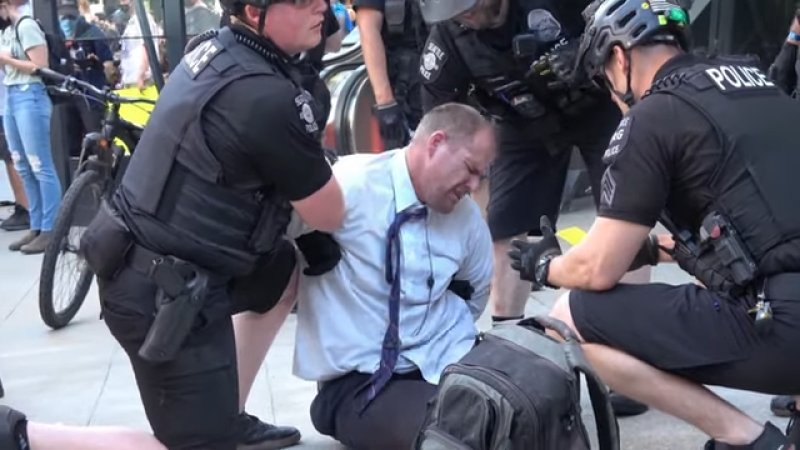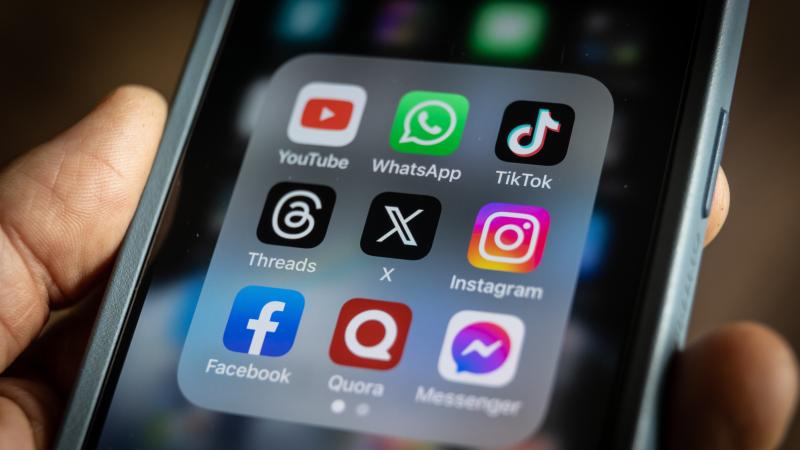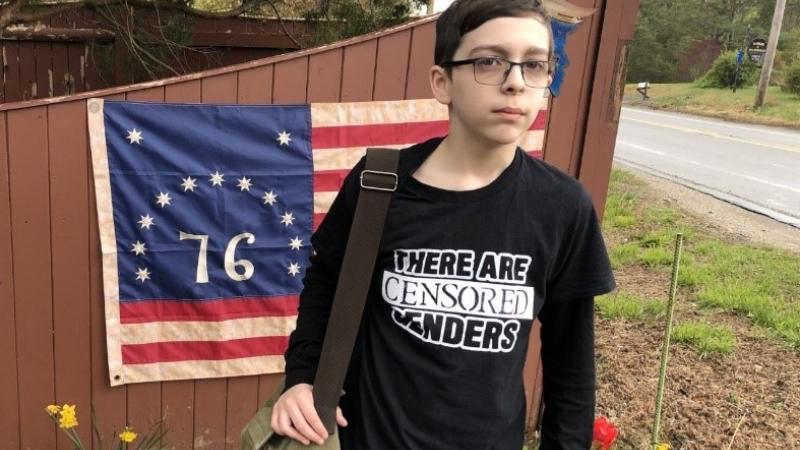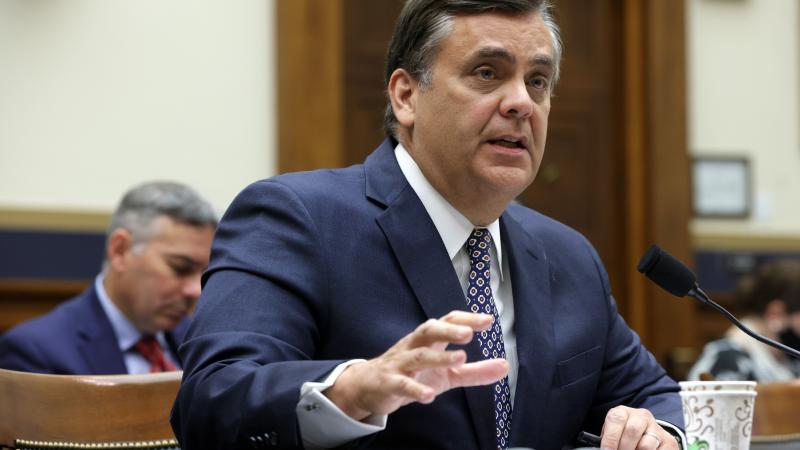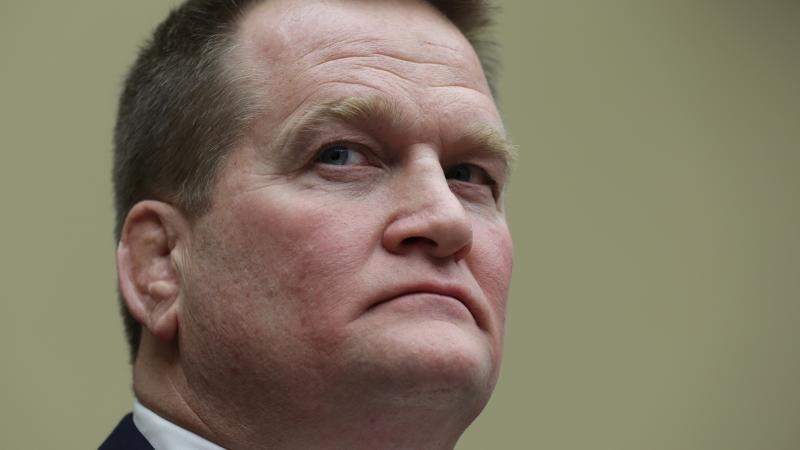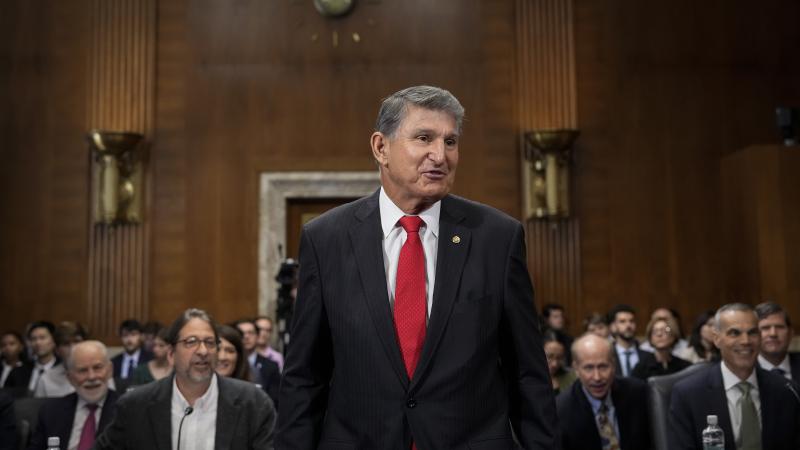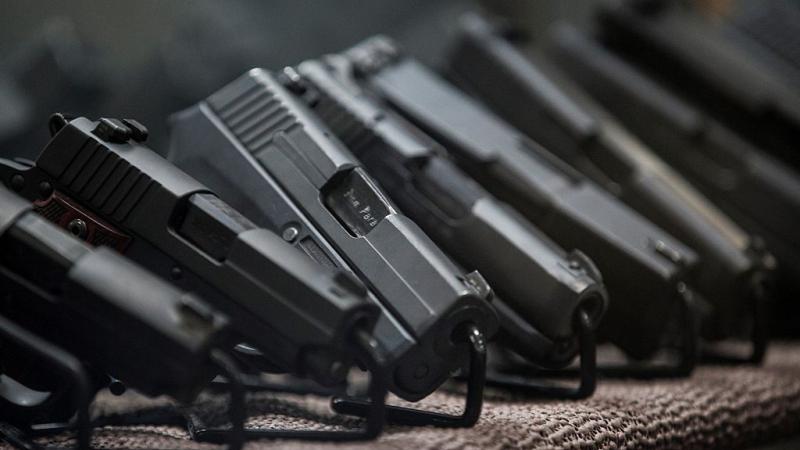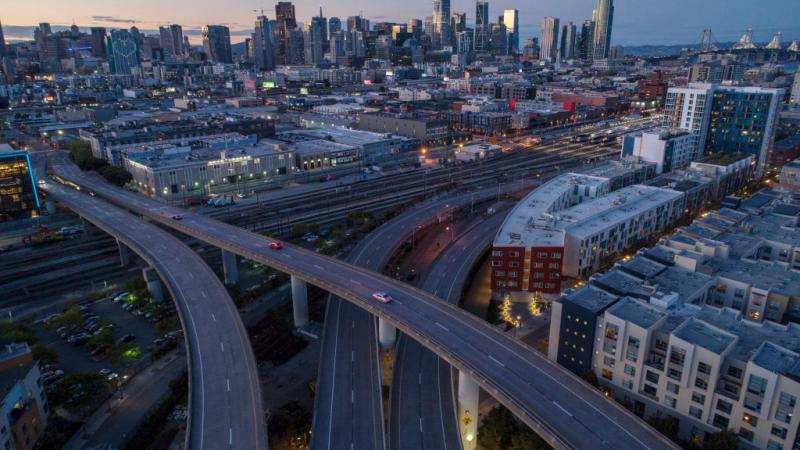Appeals court suspects 'heckler's veto' in public university's treatment of Ben Shapiro event
University of Minnesota's security assessment doesn't seem to justify decision to host speech in small, faraway venue, judge says.
Democratic Rep. Ilhan Omar. Supreme Court Justice Sonia Sotomayor. The president of Somalia. Former Communist Party USA vice presidential candidate Angela Davis, whose weapons were used to kidnap a judge in 1970.
The University of Minnesota-Twin Cities rolled out the red carpet for all these speakers regardless of the security risk to them and their audiences, yet relegated conservative firebrand Ben Shapiro to a far-off, too-small venue when he spoke, the 8th U.S. Circuit Court of Appeals heard Tuesday.
Young America's Foundation (YAF) and campus club Students for a Conservative Voice (SCV) are appealing a trial court loss on their viewpoint discrimination lawsuit against the public university.
Their lawyer argued that university officials preemptively ruled out easily accessible and large venues on the main Minneapolis campus as soon as SCV requested space in 2018 to host Shapiro, who regularly sold out venues of up to 1,000 seats at the time.
The university's lawyer shot back that the speakers given more favorable venues did not come with known security risks, as did Shapiro, whose speaking events have sometimes drawn rowdy crowds.
Judges on the panel quickly interrupted each side to ask about the differences between venues, obligations between the university and student clubs, and the differential treatment given to various speakers.
They seemed skeptical that the university was acting solely in the interest of security by moving Shapiro to the St. Paul campus 15 minutes away, where relatively few students live and study.
"It looks like you're facilitating the heckler's veto," one judge told Carrie Ryan Gallia, senior associate general counsel for the university. (Judges Lavenski Smith, Bobby Shepherd and Steven Grasz were not individually identified when they spoke on the conference call hearing.)
Gallia protested that "the speech happened" so it's false to say a veto was exercised. But the judge flatly disagreed with her claim that Shapiro spoke on "part of the main campus," saying he was looking at a map right then.
Worrying for the plaintiffs, however: Pandemic-related changes to live events might complicate claims about discriminatory treatment in venue selection.
Noting the Shapiro event was livestreamed for the hundreds who couldn't get tickets, one judge asked, "Does that change the equation?"
Jake Warner, legal counsel for the Alliance Defending Freedom, said remote viewing cannot match the "maximum engagement" students get with speakers in person.
School "moved heaven and earth" for favored speakers
"Sixteen minutes after learning of the talk and four months before the planned event," then-President Eric Kaler ruled out hosting the Shapiro event "in the middle of campus," Warner told the panel.
SCV requested several large central venues on the Minneapolis campus, where 94% of students live, but university officials gave them "only one option," he said — a 400-seat ballroom in St. Paul.
The club went back 10 days before the event to ask for a larger venue because tickets had sold out, to no avail, even though 1,000-seat Willey Hall was available on Shapiro's speaking date. By contrast, "the university has moved heaven and earth" for its favored speakers, Warner said, citing a venue change for Rep. Omar within a week of her speech.
Image

Map of University of Minnesota venues sought for Shapiro speech versus venue selected
Young America's Foundation
The university's own security analysis confirmed that the Shapiro event did not face any credible threats, according to the lawyer. It has not challenged an expert report by YAF and SCV that found the larger venues could be secured with 40-50 police officers, far fewer than the 120 assigned to the Shapiro event in St. Paul.
Yet the administration had no problems with Omar, an anti-Israel firebrand whose recent appearances had drawn hundreds of protesters, or the president of Somalia, whose campus speech drew more than a hundred protesters calling him a "genocidal warlord," Warner said.
Before it had any idea how many tickets the Shapiro event would sell, the university selectively applied its "large event protocol," which subjects organizers to more strict requirements. It exempted an event with racial justice activist Shaun King that already crossed the policy threshold of 100-plus expected attendees, Warner claimed.
Gallia, the university's lawyer, put the blame on the student group for Shapiro's venue, which fit SCV's original estimate for attendance.
The club raised security concerns when it first sought permission to hold the event on campus, and Shapiro and YAF also "expected coordination with university police," Gallia said, emphasizing the university covered all security costs.
The club could have had 1,000-seat Ted Mann Concert Hall, if it hadn't booked Shapiro before getting permission, she said. When it requested a venue change 10 days ahead, SCV submitted a "classroom management" request instead of talking to the security officials it was already working with.
The lawyer struggled to convince a judge that "genuine security concerns" drove the venue selection when the record shows speakers with different viewpoints "were not shuttled off to a remote location."
Pressed on its own security assessment that gave Shapiro the green light, Gallia told the judge the university was mindful of protests at Shapiro gigs on other campuses. Speakers that got better venues, including Omar and Justice Sotomayor, didn't have documented security issues, she said.
The bottom line is that the First Amendment does not compel a university to "affirmatively reach out to a student group to move an event," Gallia argued.

